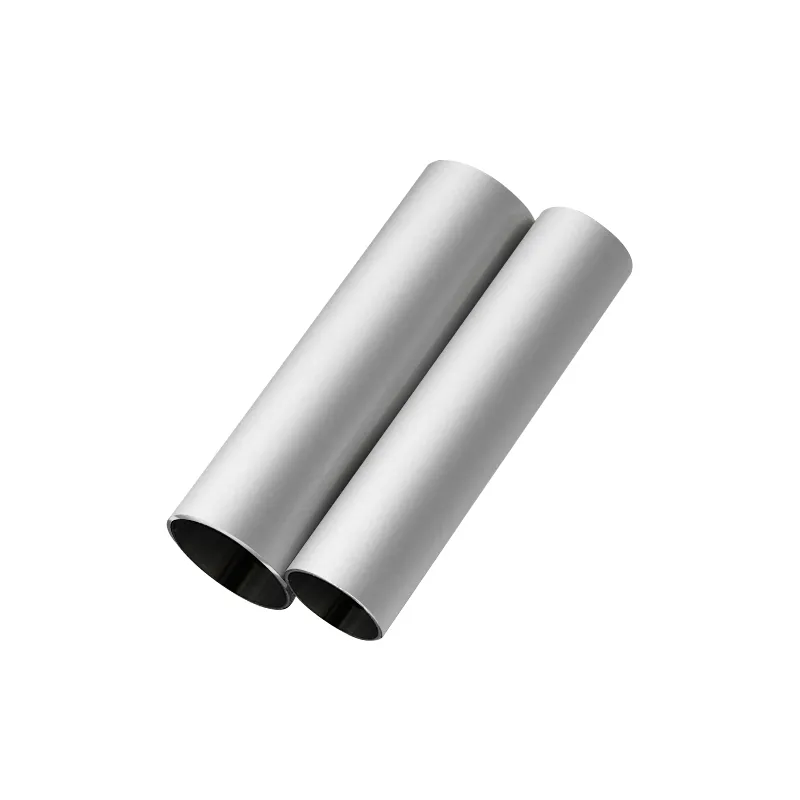
The Role of Plastic Injection Molding in Automotive Parts Manufacturing
In the automotive industry, the demand for lightweight, durable, and cost-effective materials has led to the widespread adoption of plastic injection molding. This innovative manufacturing process enables the production of complex plastic parts with precision and efficiency, making it an indispensable technology in modern automotive production.
Plastic injection molding involves melting plastic resin and injecting it into a mold under high pressure. Once cooled, the mold is opened, and the finished part is ejected. This process allows for the creation of intricate designs that may be too complex for traditional manufacturing methods. Components such as dashboards, door panels, and even exterior body parts can be produced with varying shapes, sizes, and colors, all while maintaining high levels of quality and consistency.
One of the primary advantages of using plastic injection molding in automotive parts is the potential for weight reduction. As the industry moves towards more fuel-efficient vehicles, reducing weight has become a key focus. Plastic parts typically weigh significantly less than their metal counterparts, contributing to overall vehicle lighter weight. This reduction in weight not only improves fuel efficiency but also enhances vehicle performance.

Additionally, plastic injection molding is highly adaptable, allowing manufacturers to produce small or large batches as needed. This flexibility can lead to significant cost savings in production. With the ability to quickly modify molds and adjust production runs, manufacturers can respond efficiently to market changes and consumer demands, streamlining their operations.
Moreover, the technology supports the use of a wide range of materials, including engineered plastics which can withstand high temperatures and resist impact. These advanced materials can be tailored to meet specific performance requirements, such as heat resistance and chemical stability, crucial for automotive applications.
Sustainability is also becoming a focal point in the automotive industry. Many manufacturers are exploring the use of recycled plastics and bio-based polymers in injection molding processes, contributing to greener production methods. This shift not only reduces waste but also helps companies meet regulatory standards and consumer expectations for environmentally friendly practices.
In conclusion, plastic injection molding plays a critical role in the manufacturing of automotive parts. Its efficiency, flexibility, and the ability to produce lightweight and durable components make it a pivotal technology in the industry. As automotive trends evolve, including increased focus on sustainability and fuel economy, the importance of plastic injection molding will continue to grow, shaping the future of vehicle design and production.